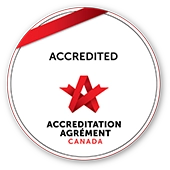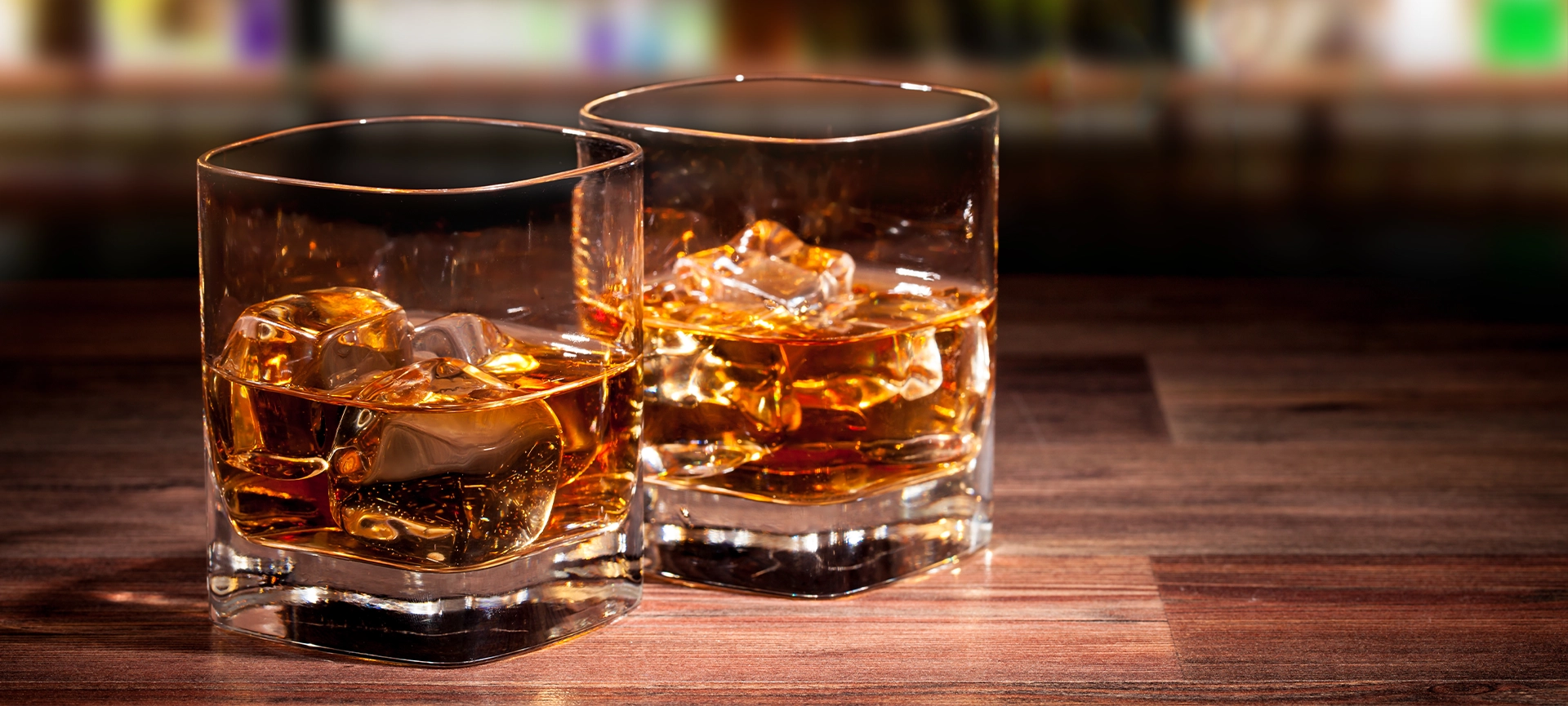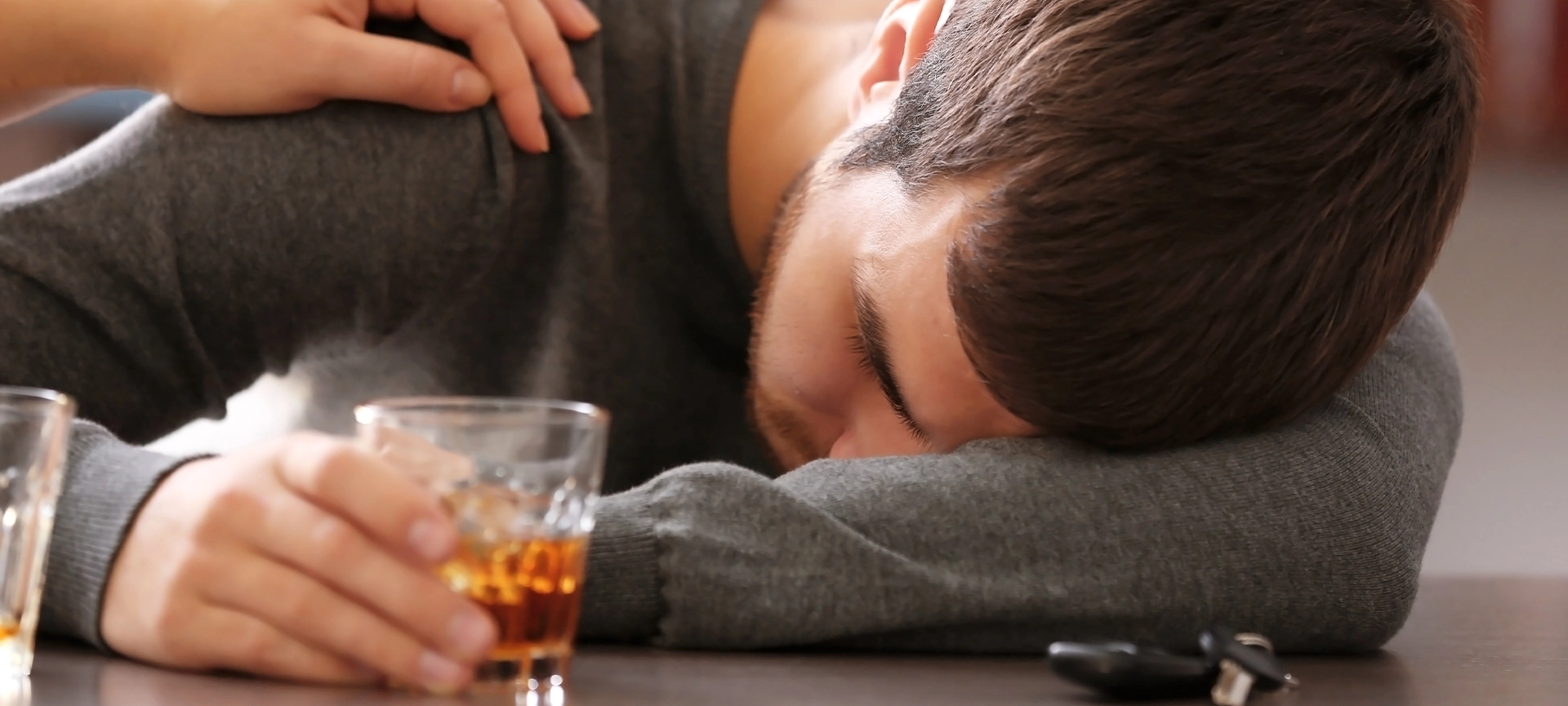What is a Concurrent Disorder?
Concurrent Disorders are classified as suffering from an amalgamation of disorders, including both mental health and drug abuse disorders. A concurrent disorder will be referred to if an individual is experiencing at least two or more conditions at the same time. It is very important to identify if an individual is suffering from more than one condition because one issue can contribute to the feeding of the other issue. Both conditions need to be treated to better the chances of sobriety and long-term rehabilitation.
An integral part of sobriety and participating in a recovery program involves counselling and talking about an individual’s addiction, including triggers of how it came to be. To talk about an individual’s addiction to its full potential, mental health must be talked about alongside it. You cannot talk about your addiction without talking about your mental health.
In the past, society has been made to think that struggling with mental health is outside the social norms of humanity. There is a stigma around mental health that talking about your feelings or admitting that you need help means that you are debilitated and people won’t look at you the same way. The stigma is not the reality. Mental health conditions are just as serious as any other physiological condition, it needs to be addressed so they can be treated, and addressing your struggles, your triggers, and your emotions is a vital part of treating both your mental health diagnosis and your addiction. Identification of your struggles means you can get guidance for acquiring tools to help you move forward. The burden of mental illness can fuel addiction, and addiction can exacerbate mental illness, this is why both must be identified and both be treated.
The Brain and its Relationship with Addiction and Mental Health? Toronto
The brain is a computer that is programmed with wires for communication which travel from our brain to the execution of our body’s actions, thoughts, and behaviours. As humans, we strive to repeat scenarios that make us feel good. The process of feeling good begins in the brain with the activation of the “reward” circuit, which initiates the release of dopamine, making us feel good. Drugs and alcohol are both toxic chemicals that help activate the “reward” circuit, releasing dopamine. When the brain experiences these escalated euphoric highs and it wears off, the brain will send signals to continue to seek this sense of euphoria. With the brain continuously fed by these drugs and alcohol to achieve the high, the individual becomes dependent on the drug and alcohol abuse, and addiction occurs.
The area of the brain which controls cognition including decision-making, impulse control, memory, planning, and reaction time is the frontal lobe. Those who struggle with drug abuse and alcohol abuse have likely taken a toll on their frontal lobe with the continuous disturbances, causing a shift in their thinking behaviours.
Just like addiction, when the brain suffers from mental illness, there is a disruption in communication among the neurons firing in the brain. With addiction, drugs stimulate the release of dopamine. With mental illness, the adrenal glands will produce increasing amounts of cortisol. Cortisol is the body’s response to stress. With too much cortisol the brain’s chemistry can shift, triggering depressive symptoms. Which is the opposite of feeling satisfaction through the “reward” system, which is why mental illness is closely linked to addiction. The brain is starting to feel good and to someone who is addicted to drugs and alcohol, these toxic chemicals are a quick “fix”.
Parts of the Brain Influenced by Addiction and Mental Health? Toronto, Ontario
The Limbic System
The Limbic system is in charge of the behavioural and emotional responses we use to survive. When an action is performed which is required for survival such as eating, dopamine is released to encourage us to repeat the behaviour. When drug abuse and alcohol abuse come into play, the limbic system is affected and the brain starts to rely upon and grows dependent on the drugs for that dopamine release.
The Frontal Lobe
The frontal lobe is the area of the brain which controls cognition including decision-making, impulse control, memory, planning, and reaction time. Individuals who struggle with drug abuse and alcohol abuse have likely acquired damage to their frontal lobe by continuous disturbances, causing a shift in their thinking behaviours. Including the behaviour to repeat drug and alcohol abuse for an increase in pleasure.
The Brain Stem
The brain stem is in charge of regulating the functions our body needs to perform to survive. These survival behaviours include breathing, blood circulation, and food digestion. The brain stem connects the brain to the spinal cord which allows communication between the brain and the rest of the body. Drug abuse and alcohol abuse will affect the brain stem, especially if an overdose were to occur, as the brain stem can stop the communication pathway for the body to respond and ultimately survive.
The Cerebral Cortex
The cerebral cortex is important for the functioning of processes such as language, memory, reasoning, thought, learning, decision-making, emotions, intellectual ability, and personality. The frontal cortex is the area of the brain which is known as the “thinking centre”, which allows us to think, plan, memorize, problem solve, and decision making. When drugs and alcohol are abused, our cognitive abilities are diminished and those who are addicted have less of a grasp over their abilities involved in the frontal cortex. These areas of the brain are also greatly affected by mental health disorders which include depression, anxiety, and bipolar disorder. Mental illness also interferes with the brain’s communication. When messages aren’t relayed through the brain it can lead to issues with information processing, which can then result in an unusual mood, thinking, behaviour, and perception.
Is Mental Illness a Precursor for Substance and Alcohol Abuse?
There are many different forms of mental illness. Mental illness is defined as disorders that affect the way you think, your mood, and behaviours you exhibit. There are mental illnesses that elicit the response to cope by means of self-medication, which can grow into a drug addiction. Those who use and abuse drugs and alcohol have the potential to be doing so as a means of self-medicating to cope with their mental illness. When an individual suffers from mental illness the cortisol release is so high that the effect drugs have on the release of dopamine from the reward centre appears even higher. The altered pathways of the neurotransmitters will enhance the “reward” effect the drugs, alcohol and other substances has on the brain and body.
Does Drug or Alcohol Abuse Lead to Mental Illness? Toronto, Ontario
Drug addiction and alcohol addiction can be a factor in the evolution of a mental health condition. When an individual abuses drugs and alcohol, the substances affect the same areas of the brain which also affect the process of chemical distribution which leads to mental health conditions. Yes, drug or alcohol abuse can lead to different forms of mental illness. When the communication pathways in the brain are interrupted by these substances, the reliance on the substances alters those communication pathways. The use of these substances can be seen as the brain’s priorities when it has experienced the effects of these chemicals and how they can make you feel temporarily, even with consequences that may arise.
What Mental Health Conditions are likely to occur with Drug or Alcohol Abuse?
Depression
Depression is a mental health disorder that affects an individual’s mood, thoughts, and behaviours. Some symptoms of depression can include loss of interest in activities, Difficulty concentrating, insomnia, restlessness, short-tempered, and a decrease in energy. Drugs and alcohol have been known to be used as a band-aid to relieve the feelings and signs of depression temporarily. After drugs or alcohol is ingested or injected the “reward” system is stimulated and allows an individual to experience a euphoric response. As time goes on, the body will begin to depend on toxic chemicals to feel happy, which leads to drug or alcohol addiction.
Bipolar Disorder
Bipolar disorder is a disorder that involves manic and depressive episodes which range from extreme highs to extreme lows. Bipolar disorder involves irregular mood swings and emotional instability which produces a wide range of mental and physiological symptoms. When an individual who is bipolar experiences the “highs” the individual is unnaturally upbeat with an infinite amount of energy and is unduly confident. When the individual experiences their “lows” there will be feelings of fatigue, restlessness, and increased loss of interest in everything. This emotional instability is unpredictable and the symptoms of bipolar disorder can vary from one person to the next. An individual who suffers from bipolar disorder is at a greater risk of acquiring a drug dependency than someone who does not have bipolar disorder. This is because drugs and alcohol can intensify the symptoms that come with a bipolar diagnosis.
Obsessive Compulsive Disorder (OCD)
Obsessive Compulsive Disorder is one type of anxiety disorder that involves an uncontrollable obsession that triggers the repetition of these repeated obsessions. About 25% of people who have obsessive-compulsive disorder will also suffer from drug abuse or alcohol abuse. Different obsessions and compulsions can identify in different forms such as counting, excessive hand washing, and arranging things in a “perfect” way. If an individual has OCD and they attempt to tackle it on their own, it has a greater chance of elevating their anxiety levels. Sometimes those who suffer from obsessive-compulsive disorder look for distractions from their obsessive compulsions and this can include drugs and alcohol. Instead of distraction being the result, substance abuse can make the OCD symptoms worse. If an individual becomes reliant on drugs or alcohol to treat their OCD just like any other dependency this can turn into an addiction. Without getting treated properly for mental illness and drug or alcohol abuse this concurrent disorder can come with major consequences including complications to an individual’s health and emotional state.
Why May a Concurrent Disorder Go Unnoticed? Toronto, Ontario
Drug and Alcohol abuse and mental health disorders have resemblances among each other, some of which are identical to one another when looking at symptoms. The similarity in symptoms can complicate a diagnosis and uncertainty of what treatment should be. It can be hard to identify exactly what is going on and why symptoms may be occurring. An individual may not just be suffering from drug or alcohol abuse and mental health disorders, they may also be suffering from physiological conditions which can further complicate the identification and treatment for addiction.
Drug and alcohol abuse can deteriorate a mental illness by making the symptoms worse and potentially stimulating new symptoms as a result. Drugs and alcohol can also interact with other prescribed medications which can alter the reaction as to what the medication is meant for and can be very dangerous if not fully aware of all conditions and medications being taken.
…
If you or a loved one want to travel the road to sobriety, then drug or alcohol addiction is not the only thing to treat. It is important to identify all aspects an addicted individual is suffering from because to achieve long-term sobriety, every aspect must be treated to be fully effective.
At Addiction Rehab Toronto, we can help you with your addiction and every aspect of your addiction. We are will help you on your road to sobriety.
Call us today, we are here to help
FOR IMMEDIATE HELP – CALL US 1-855-787-2424
Or email us at: help@addictionrehabtoronto.ca









